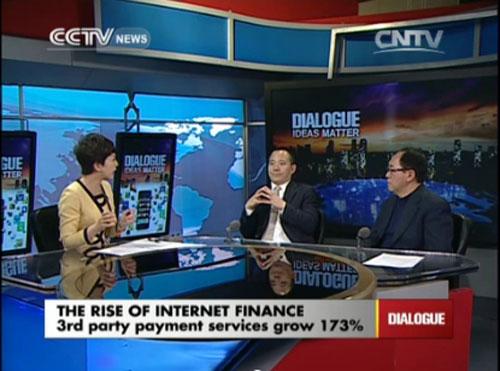To further tighten China’s online payment industry, under draft rules released on July 31st, the PBOC will limit the amount of daily individual payment to RMB 5,000 (USD 805) through third-party payment accounts, unless the identity of the user can be be verified by a security token and electronic signature. Five methods of verifications are required to open a so-called “comprehensive account,” with yearly online or mobile payments of up to RMB 200,000 per person, or a “consumption account,” with a yearly transaction limit of RMB 100,000.
This swift action could bring some significant changes to the on-line lending market as well. P2P lenders relied on online payment providers for money transfer. The limits from the government may have been driven by an event that occurred several months ago when more than 2,000 peer-to-peer lenders helped investors fuel the bull-stock-market with leverage that drove the benchmark index up 152 percent.
The government intervention also seeks to end the unfair advantage of online payment companies as they compete with banks. The prior lack of regulations on capital, liquidity, and provision requirements enabled the online payment companies advantages in transaction, which has brought great competition to banks’ service.
The draft rules on online payment transactions limits is now for public consultation and will be closed on August 28.

